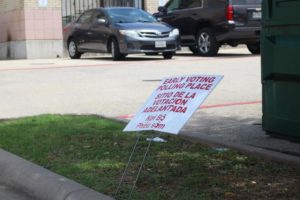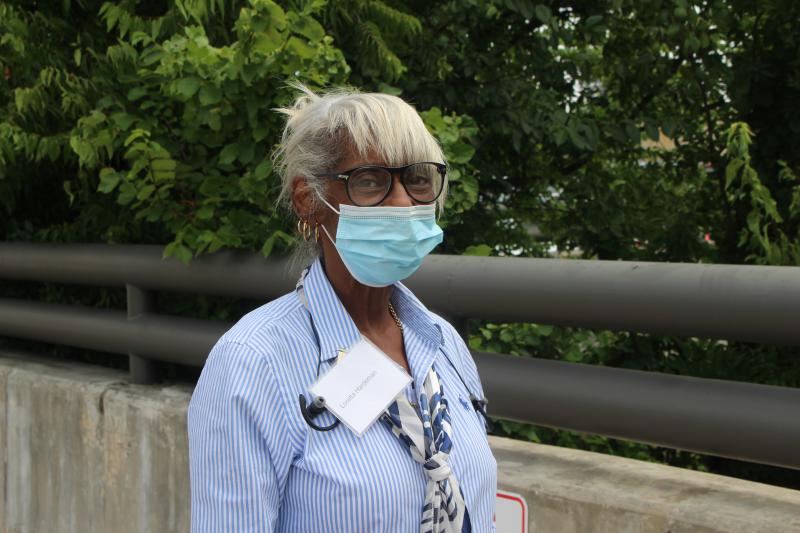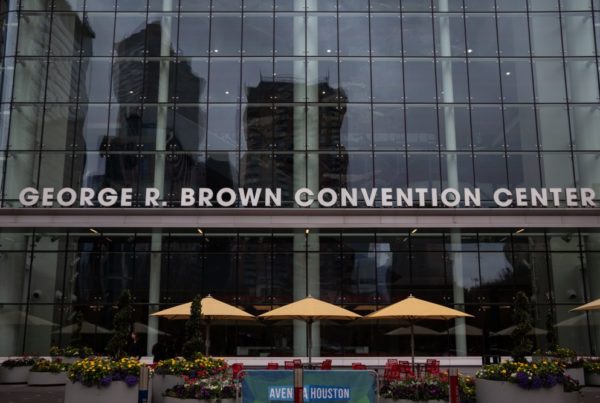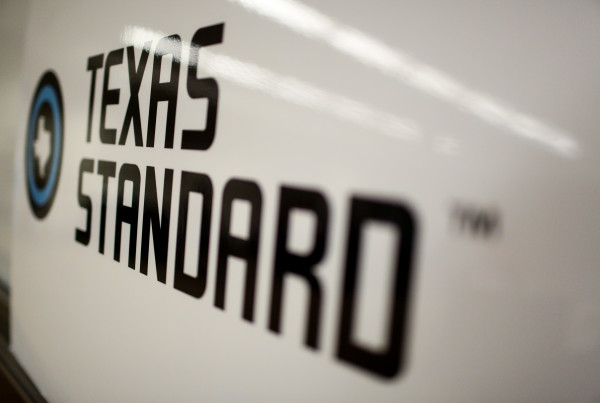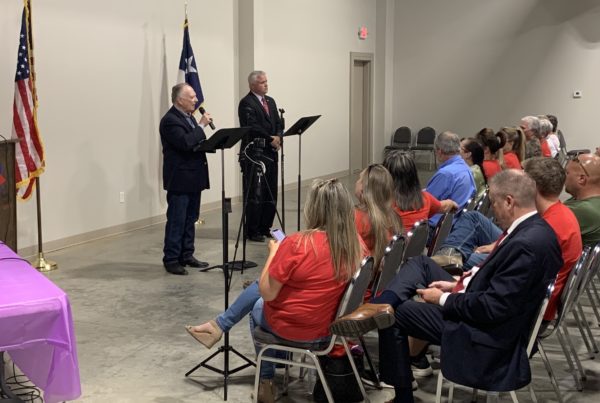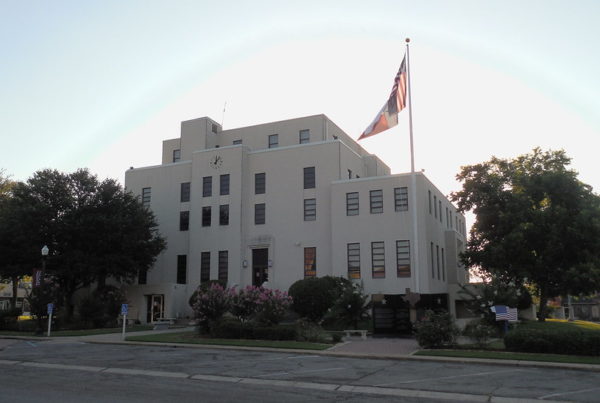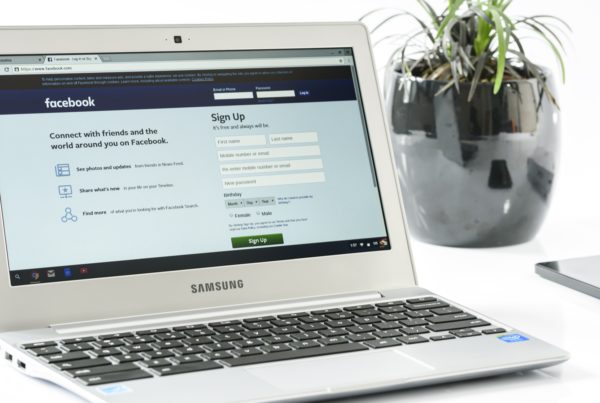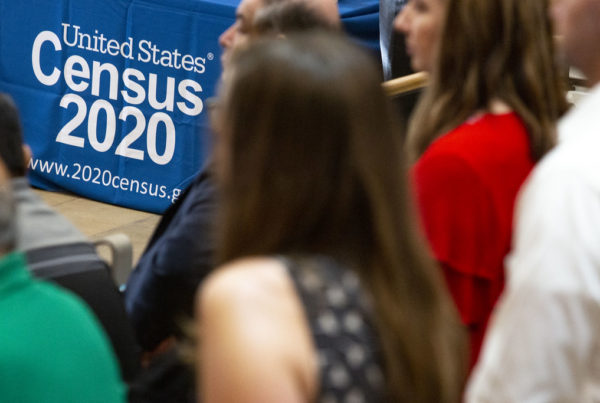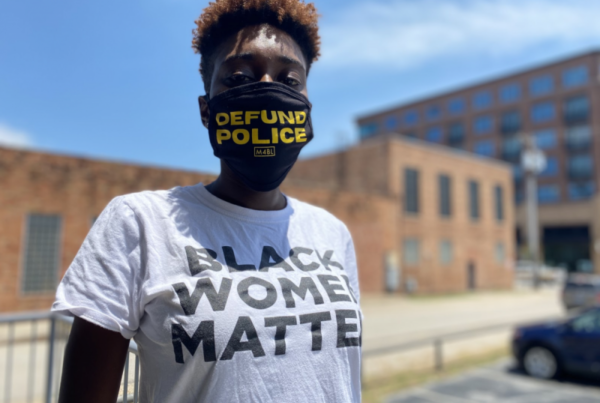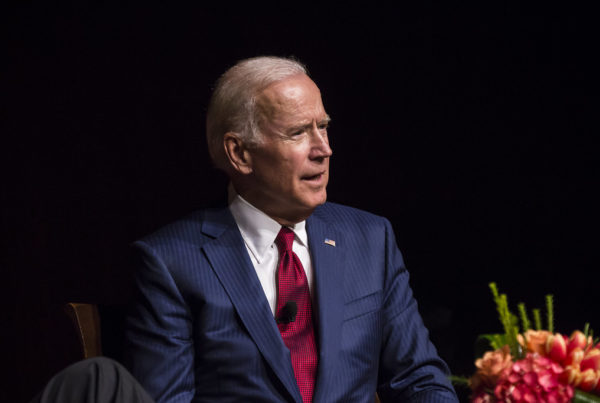From KERA:
Nathaniel Aranda of Fort Worth and his wife made a commitment to vote no matter what, because they want their voices heard. Life is complicated, though. The couple had a child two months ago, and there’s a global pandemic dovetailing with the 2020 election cycle.
So Aranda’s wife sent him out solo.
“She just kind of wanted me to scope it out to kind of see how it is,” he said. “We have a two-month-old at home, [and] a five-year-old, so we’re wanting to make sure [all] the precautions were in place.”
Aranda found voting to be easy and safe. So did Katy Abraham of Fort Worth, another early voter who came out Monday to the JPS Health Center on Bryant Irvin Road in Fort Worth.
“There was lots of hand sanitizer in there,” she said. “There [were] markings on the floor where you’re supposed to stand. Everybody was covered with a shield. Everything was very hygienic.”
Early voting ends Friday ahead of Tuesday’s runoff election. Since this is the first election in Texas since the pandemic hit, officials are looking to learn lessons for November.
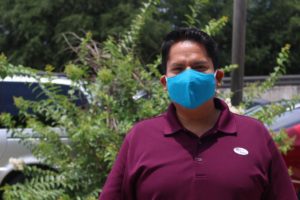
Nathaniel Aranda voted early at the JPS Health Center.
Loretta Hardeman, the lead clerk at the JPS site, has been working the polls for 28 years. She said things have been going swimmingly, despite the increased health precautions taken to avoid spreading COVID-19.
“I think people adjust. They adjust,” she said. “Most people come in with their gloves on, their mask on. If they don’t have a mask, we can ask them to put a mask on.”
Hardeman, who recruited her granddaughter to work the polls this year, said they wipe down voting machines every half hour or so, and sanitize any stylus pens people use.
Communicating with voters can be harder when you’re wearing personal protective equipment, though.
“[A lot of] times people can’t understand you with the mask on,” she said. “It’s hard for them to hear you. It’s hard to relate.”
The primary runoff was postponed from May over coronavirus concerns, but since then the pandemic has only spread further in Texas.
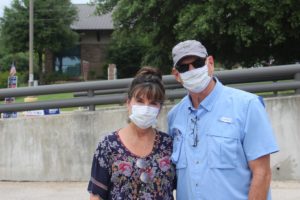
Brenda and Rick Sims voted early. “I wasn’t worried,” Brenda said.
Grace Chimene, president of the League of Women Voters of Texas, hasn’t heard of any troubles so far at polls around the state. Her group wants people to see this as a dress rehearsal for November.
“We want to encourage as many people to vote now as possible,” she said. “Practice voting during the coronavirus to let us know where the issues are so we can nip them in the bud.”
Chimene is particularly watching how curbside voting plays out. It’s something state law says election administrators must provide for people who can’t enter a polling place.
“My concern is [that] curbside is going to be a little chaotic, and I hope that the polling places have learned how to provide that this week,” Chimene said.
Heider Garcia, Tarrant County’s elections administrator, said curbside voting is for exceptional situations only, because it takes a much longer time than voting inside.
“If you don’t need curbside, don’t use it, because you’re taking it away from people who actually need it,” he said.
Garcia also said the election has been smooth thus far. In fact, turnout numbers are up. According to Garcia, in-person turnout in Tarrant County was at 28,645 as of Wednesday morning, more than double the 13,872 in-person early voters from 2016’s primary runoff.
The increase could be because of the virus, a longer early voting period, or a nonpartisan ballot item in Tarrant: the City of Fort Worth’s proposition to extend a sales tax that helps fund police.
Garcia, however, said doing the same thing in November won’t necessarily work, and a calm election now is partly because there are only a few things on the ballot. People will need much more time to vote in the fall, when they will face choices for president, U.S. Senate, the House of Representatives, the state Legislature and local races.
“How do we keep those wait times short?” said Garcia, who’s looking at where to distribute and add voting equipment.
As for finding poll workers willing to interact with the public amid a pandemic, Garcia said he hasn’t struggled to find them, although there are always people who drop out ahead of election day. He said the county needs 2,500 poll workers to run the November election.
College student Lianne Rodriguez, a new clerk at the JPS polling site, was a little scared about the virus at first. Then she saw ample sanitation and mask-wearing.
“I think it’s important to be here and not be scared of COVID, but be very cautious and very clean,” she said. She said she thinks it’s important that she’s there, so other people can vote.
“We don’t want people standing in line for eight hours like they’ve done in other places.
